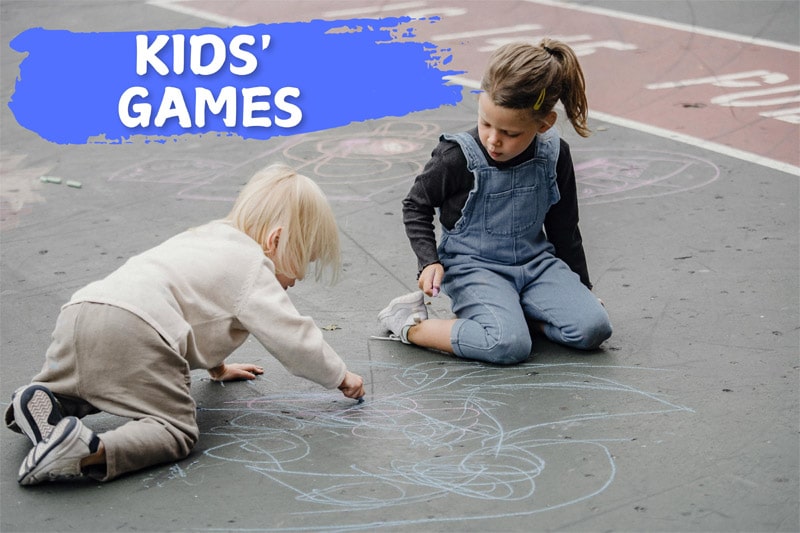
Kids’ games are more than just a way to pass the time—they play a crucial role in shaping young minds, building social skills, and influencing personal growth. Whether it’s a classic board game, an outdoor adventure, or a digital favorite, games leave a lasting imprint on a child’s personal life. Let’s dive into the ways kids’ games impact their development and the lessons they carry into their daily lives.
1. Building Social Skills Through Games
When kids play games with others, they learn teamwork, communication, and how to handle both winning and losing gracefully. Games like tag, hide and seek, or even multiplayer video games teach kids how to collaborate and resolve conflicts. These social lessons often extend to friendships and relationships outside of gaming, improving their ability to connect with others.
2. Problem-Solving and Creativity
Games challenge kids to think outside the box. Puzzle games, for example, encourage logical thinking, while creative games like Minecraft spark imagination. This problem-solving mindset translates into real-life situations, helping kids tackle challenges with confidence and creativity.
3. Emotional Growth and Resilience
Winning a game feels great, but losing is just as important. Games help kids understand that failure is part of life and encourage them to try again. Over time, this builds resilience and teaches them to manage disappointment. This emotional growth is a cornerstone of personal development.
4. Boosting Cognitive Skills
Games often involve memory, strategy, and quick decision-making. Card games like UNO or strategy games like Chess improve cognitive abilities such as concentration, planning, and multitasking. These skills are valuable in school and other aspects of life.
5. Encouraging Physical Activity
Outdoor games like jump rope, soccer, or capture the flag keep kids active, promoting physical health alongside teamwork. Active games also release endorphins, which boost mood and reduce stress—key factors in maintaining a positive personal life.
6. Strengthening Family Bonds
Family game nights create opportunities for quality time, laughter, and connection. Playing games together builds trust and communication between kids and parents. These moments of bonding can have a long-term positive impact on a child’s sense of security and happiness.
7. Digital Games: A Double-Edged Sword
While video games can teach valuable skills like hand-eye coordination and strategy, excessive gaming can negatively affect a child’s personal life. It’s important to strike a balance and ensure that gaming doesn’t replace real-world interactions or outdoor play.
conclusion
Kids’ games are more than just entertainment—they’re tools for growth, learning, and connection. From building friendships to enhancing cognitive skills, games influence personal lives in countless ways. As parents and caregivers, encouraging a healthy mix of games—both physical and digital—can help kids thrive in all aspects of their personal lives.
By choosing the right games and setting boundaries, we can ensure that playtime becomes a valuable foundation for life-long success.











